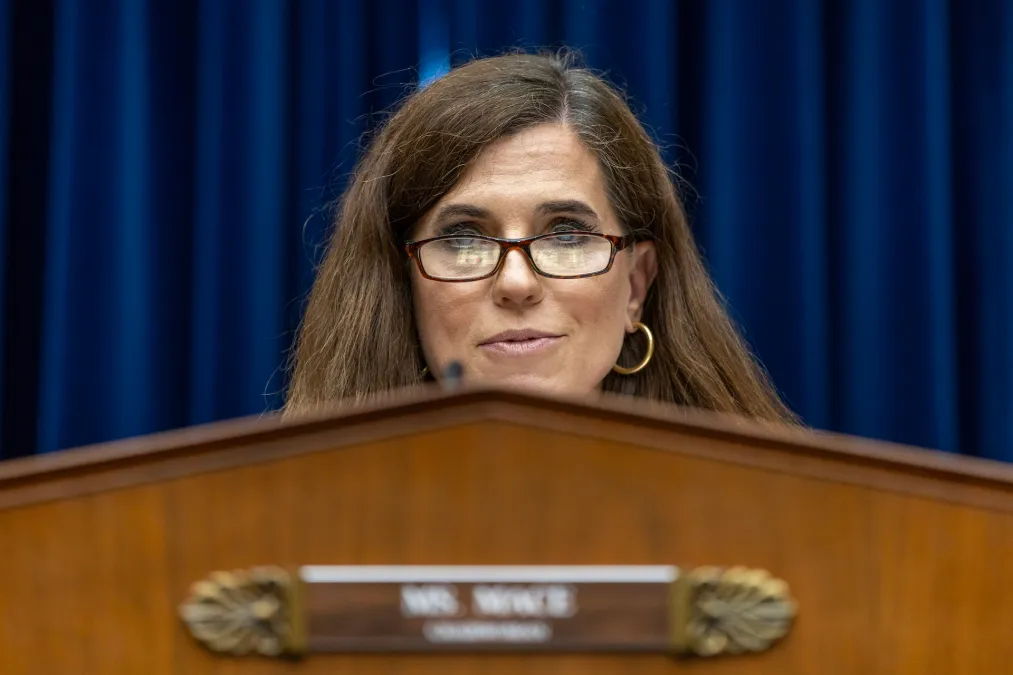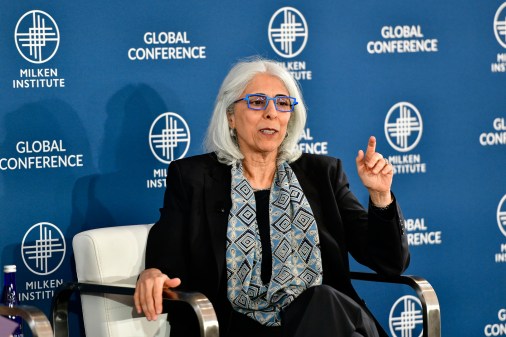Degree requirements are hurting government’s AI recruitment efforts, House lawmakers and experts say

Federal employment standards for artificial intelligence-trained employees are burdensome and end up discouraging workers who are knowledgeable in the emerging tech from seeking such jobs, lawmakers and witnesses said during a House Cybersecurity, Information Technology and Government Innovation subcommittee hearing Wednesday.
AI-trained employees who have been upskilled and certified through intensive training programs rather than earning a degree from a four-year institution can be considered unqualified to work for the federal government, according to testimony from Timi Hadra, an IBM client partner and the company’s senior state executive for West Virginia.
Despite the call to action from the White House through the AI executive order, Hadra said that the government’s efforts so far to hire more talent from diverse educational backgrounds are “not enough.”
Subcommittee Chair Nancy Mace, R-S.C., said in an interview with FedScoop after the hearing that Hadra’s answer was illuminating.
“Hearing that testimony today and asking that question of IBM is certainly very helpful to understand what the real world and the reality is like, on the ground with tech companies that have these federal contracts,” Mace said. “If 20% of the workforce, or more, doesn’t have that four-year degree, it’s clearly hindering our ability to meet the demands that we have in the tech, cyber and innovation AI space.”
Hadra noted that IBM has a six-month curriculum for its cybersecurity apprenticeship program that trains employees in these disciplines. She said that the workers are “ready to hit the ground running on those programs, and because they don’t meet those minimum qualifications, we are not able to put them on that contract.”
Mace added that the more recently trained and upskilled employees could be “more qualified” than those who hold a degree because “they put that skillset into practice.”
“We have a shortage of 700,000 cybersecurity workers across the private and public sectors,” Mace said during the hearing. “We know that our traditional education system doesn’t produce nearly enough degreed graduates in the field to fill the need. We also know that that shortfall would be much worse if not for the appearance of nimble educational alternatives. That includes short-term ‘boot camp’ programs that issue non-degree credentials like certifications and badges.”






